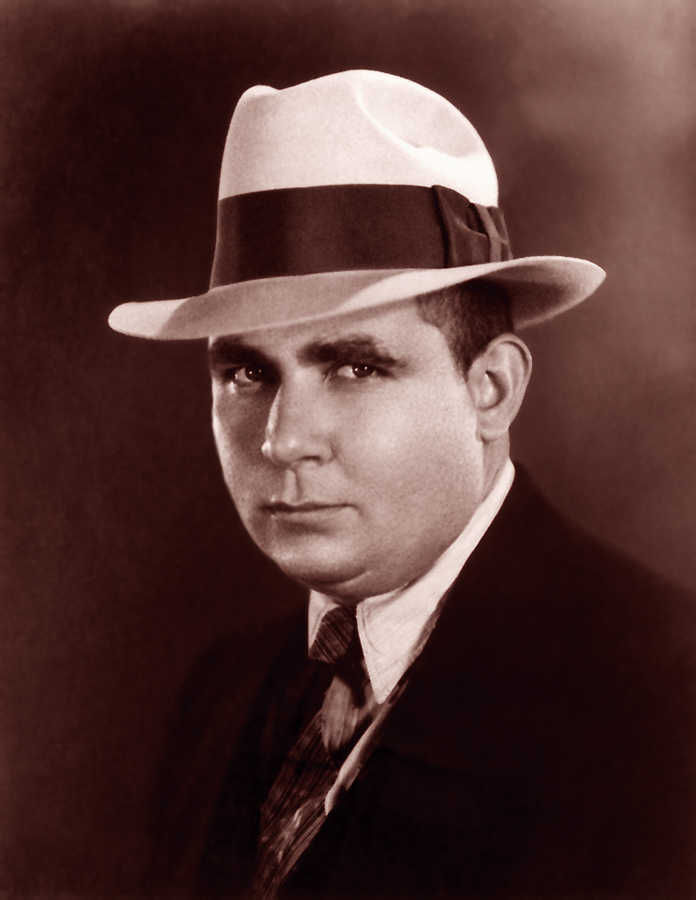
While working on my new podcast, Kaijuvision Radio, I re-learned that one of the appeals of fiction—particularly genre fiction—is wish fulfillment. Not just for readers/viewers but for creators as well.
You might be thinking this is a bad thing; a sign of someone living in a fantasy world. While I acknowledge that’s true in some cases, I’d also argue that it speaks to a deeper, nobler desire within people’s hearts.
In the podcast, my co-host, Brian Scherschell, and I were talking about the alien invasion plot in 1966’s Invasion of Astro-Monster (aka Godzilla vs. Monster Zero). The heroes, most of them non-military types, band together to repel invaders from Planet X. The audience is able to see themselves in those characters and live vicariously through them for 90 minutes because they understand what it means to protect what is theirs. For those living in countries that have been successfully invaded, it’s satisfying for them to defeat invaders. Americans, on the other hand, have a huge independent streak in them, and they will do what it takes to preserve their freedom.
Wish fulfillment can also come in the form of seeing characters do things one wishes he could do but can’t, which makes it a form of escapism. These could range from things that are impossible (flying like Superman, for example) to things that are possible but unlikely (like captaining a ship). In these cases, the stories could become inspirational. One can’t soar under his own power like Supes, but one could become a pilot. One may not be a ship captain, but he could become one, even if it’s only on his own private yacht.
I realized recently that even romance stories have elements of wish fulfillment. The audience wishes they could have relationships as exciting, sensual, and committed as the ones in those tales because it seems impossible to find true love in real life.
It’s in these cases that wish fulfillment speaks to someone’s inner character and desires. Maybe they can’t “leap tall buildings in a single bound” but they can still be heroic, even if it’s in a small way. They know something isn’t right in the world and want to make it better. They could volunteer at a soup kitchen or go on a missions trip. They can love the way they want to be loved. They can make their wishes a reality, and by doing so, inspire others.
I’ve heard countless stories of people who became engineers, doctors, and writers because of Star Trek. They saw characters like Scotty doing cool things in the Enterprise’s engine room and decided on their career field. Now, while they aren’t exploring the galaxy, they’re creating fantastic new technologies. That’s the inspirational power wish fulfillment can have.
It can also be a mirror into oneself. If one finds himself reveling in Superman’s abundant superpowers because he wants to have power over others, it should give him pause for concern. I’ve known people with power fantasies like that. It always makes them weaker because they don’t aspire to do greater things. I pity them.
What do you think, readers? Is wish fulfillment in fiction good or bad? Why? What are some examples from your favorite stories?


